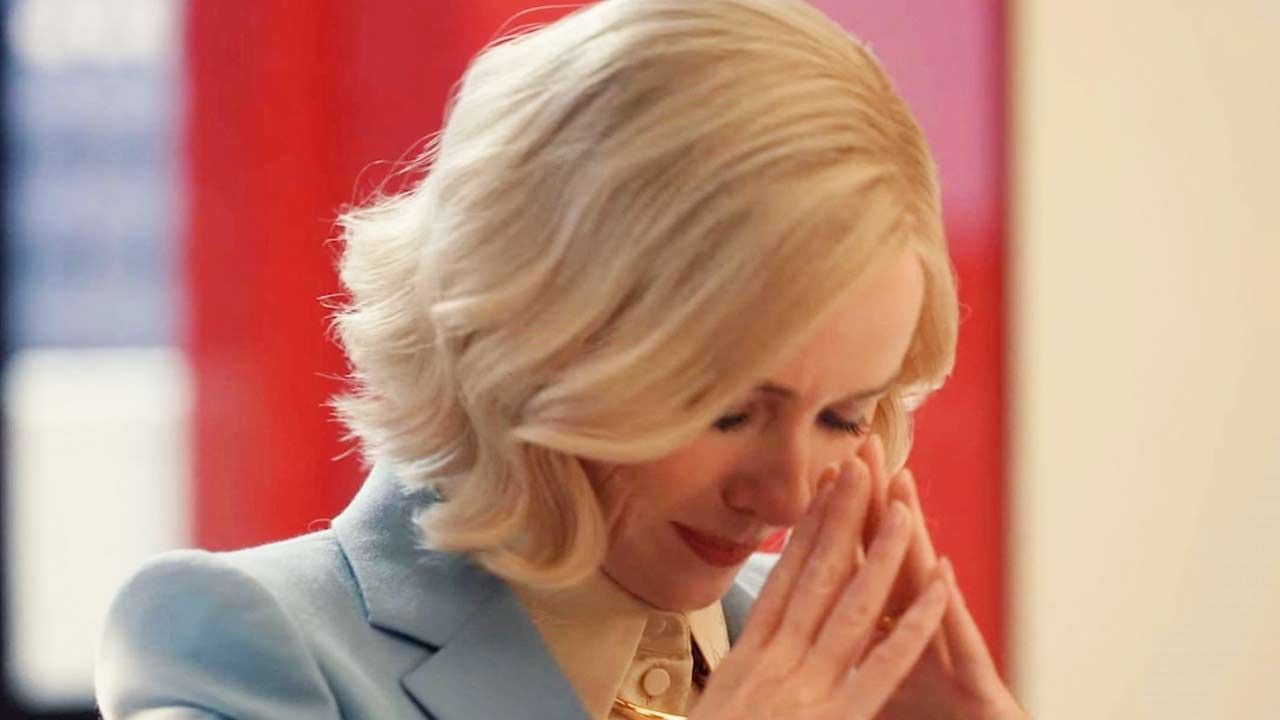Material containing harmful substances affects coastal fauna and flora. Municipalities develop programs to adapt disposal and reuse
It is now common sense that the cigarette they are harmful to humans, but did you know that they are also harmful to fish, algae and shellfish? On the beaches, small ones butts thrown in a disorderly manner on the sand and in the water end up in the sea and carry around 6,700 harmful substances. The actions of the authorities on the coast try to reduce the damage caused by this filth.
According to Ítalo Braga de Castro, professor at the Maritime Institute of the Federal University of São Paulo (Unifesp), a cigarette butt is like “a chemical firecracker”. , considering the most sensitive species of living organisms. Other animals and plants are more resistant, but the contamination can represent 70 to 100 liters of water that is unsuitable for them.
The butt is the “non-smoked” part of the cigarette and, in most cases, where the filter is located, used specifically to prevent large quantities of nicotine, carbon monoxide and tar from entering. Therefore, it is the most harmful part for your health. There is no conclusive research covering the butts of other cigarettes, such as homemade ones.
“If you take an empty PET bottle, add tap water and leave a cigarette there, you will see that in a few minutes the water turns yellow. This is nothing more than the dissolution of toxic substances harmful to health,” explains Castro.
Research by the Instituto do Mar shows that cigarette butts represent 35% to 50% of the amount of waste found on beaches. One of the studies reveals that this material floats, on average, for three days before sinking, thus contaminating both marine fauna and flora on the surface and species on the ocean floor.
“They are small organisms that perform essential functions for life on Earth, whose impact is much deeper than that of a turtle with a straw up its nose. I do not disdain popular uproar, but we do not recognize ourselves or move in these algae, we do not giving it due importance”, adds the biologist.
In addition to this change in aquatic organisms, the consumption of this fish means that these substances, filtered so as not to reach the bodies of smokers, also reach non-smokers. There are also no favorable conclusions about the removal of these substances during the water filtration and treatment processes, which could pose an even bigger problem for something so small.
How to dispose of cigarette butts?
Some initiatives in the State of Sao Paulo already draw attention not only to the correct disposal, but also to the reuse of cigarette butts. Caraguatatuba, on the north coast of São Paulo, for example, has created a kind of bamboo ashtray so that beachgoers can carry them with their umbrella and return them to the area upon exit.
Implemented in June 2021, 340,170 butts (equivalent to 136 kilos) have already been prevented from ending up in the sea, according to the Undersecretary for the Environment, Tatiana Scian. “It has always been a success, we look at the indicators and, every month, the amount of material increases,” she adds.
There are three stations with such ashtrays on the beaches of Martim de Sá, Prainha and Cocanha, as well as 18 other places in the rest of the city where there are garbage can-like containers. “We also place collection points in places with large circulation of people, in health centers, police stations, educational institutions, among others”, she specifies.
Even the material collected in the bins does not end up in landfill. The secretariat offers workshops to transform butts into cellulosic mass and, therefore, serve as raw material for paper, diaries, stationery, among others.
- To participate, you must contact the secretariat by calling (12) 3897-2530 or by emailing educacaoambiental@caraguatatuba.sp.gov.br. It is also possible to go to the office, located in Rua Santos Dumont, 502 – Centro, to request and collect the material.
However, if you want to contribute to the project and are not good at craftsmanship, the city of Ilhabela, also on the north coast of São Paulo, can help you. The municipality has around 20 beaches equipped with collection points and organizes workshops of this type in schools and foundations in the city.
The head of the Secretariat for the Environment, Kátia Freire, supports the reverse economy as a solution for the 750 thousand already collected. There, butts are transformed into everything from refrigerator magnets to postcards to necklaces and rings. “The material can be purchased in the city, in social fund shops, at village festivals, in the Solidariedade shop in the city center, among other places,” she lists.
One of the secretariat’s major partners is the Association of Parents and Friends of the Exceptional (APAE), which offers the workshop as training for future artisans, as well as promoting the sale of craft objects at events and fairs.
Tougher laws
For the biologist Ítalo these alternatives help to contain the arrival of cigarette butts in the sea, but they are not entirely effective. One suggestion from the researcher is to start containing the damage by the cigarette manufacturing companies themselves, using the profits from sales as compensation to pay for waste collection in the city (currently paid only by taxes).
“Brazil’s National Solid Waste Plan stipulates that economic activities that generate potentially polluting waste must be remediated through the process of reverse logistics. In short, companies that profit from the sale must be responsible for the proper disposal of waste that is products of its economic activity, “he proposes.
Another measure taken as an example are those adopted in Barcelona, Spain, which banned smoking on the beaches. The Brazilian solution could include “more environmentally sensitive areas,” such as Environmental Protection Areas (APA) and ecological parks. “However, it is a very unpopular measure and one that no municipality or government would adopt,” he concludes.
Source: Terra
Rose James is a Gossipify movie and series reviewer known for her in-depth analysis and unique perspective on the latest releases. With a background in film studies, she provides engaging and informative reviews, and keeps readers up to date with industry trends and emerging talents.







